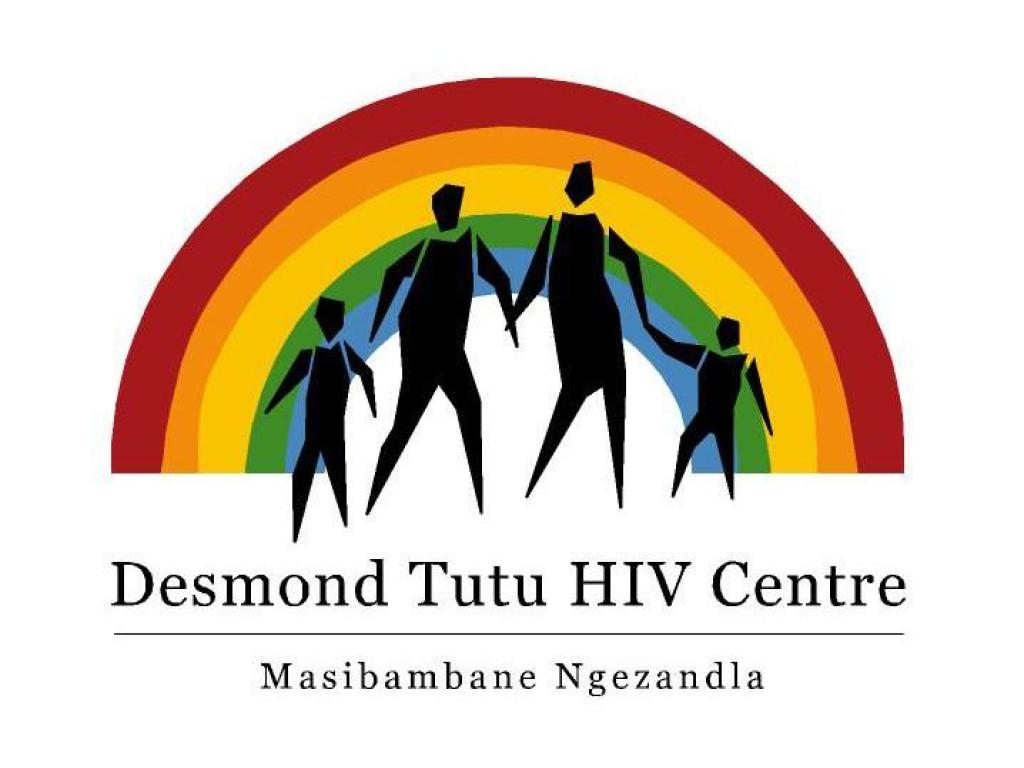Positive results from research on vaginal ring containing dapivirine for HIV protection

HOPE is a study of a vaginal ring that releases an antiretroviral drug called dapivirine. The study builds upon MTN-020/ASPIRE, which found that the ring was safe and helped women reduce their risk of HIV acquisition by about 30%. In HOPE, former ASPIRE participants are offered access to the dapivirine ring for approximately one year of study participation, if they wish to use it. The ring was developed as an HIV prevention option for women by a nonprofit organisation called the International Partnership for Microbicides (IPM). The Microbicide Trials Network is conducting the HOPE study with funding from the U.S. National Institutes of Health (NIH).
HOPE enrolment began in August 2016 and follow-up will continue until September 2018. Recently, the researchers conducting the HOPE study analyzed some of the data collected between August 2016 and October 2017. By this time, 1407 former ASPIRE participants at 14 sites in Malawi, South Africa, Uganda, and Zimbabwe had enrolled in HOPE. Seventy five women were enrolled at the Desmond Tutu HIV Centre’s Emavundleni Clinical Research Site in Crossroads, Cape Town (the DTHC is based in the IDM).
Interim analyses of HOPE data found that the average age of HOPE participants was 31 years old. In summary, the interim results show high uptake and adherence, and an overall HIV-1 incidence that is half the expected rate among study participants. These mid-study results provide important evidence that women are using the ring and achieving benefits from it. IPM, the group that developed the ring, is also conducting an open-label study, called DREAM. The results of the DREAM mid-study analysis are very similar to those from HOPE.
These results were presented at the Conference on Retroviruses and Opportunistic Infections (CROI), 7 March 2018 in Boston, USA.
More information about HOPE can be found at http://www.mtnstopshiv.org/news/studies/mtn025.
More information about DREAM and the dapivirine ring can be found at www.ipmglobal.org.
Adapted from contribution by Dr G Nair, Emavundleni CRS, Desmond Tutu HIV Centre, University of Cape Town.
